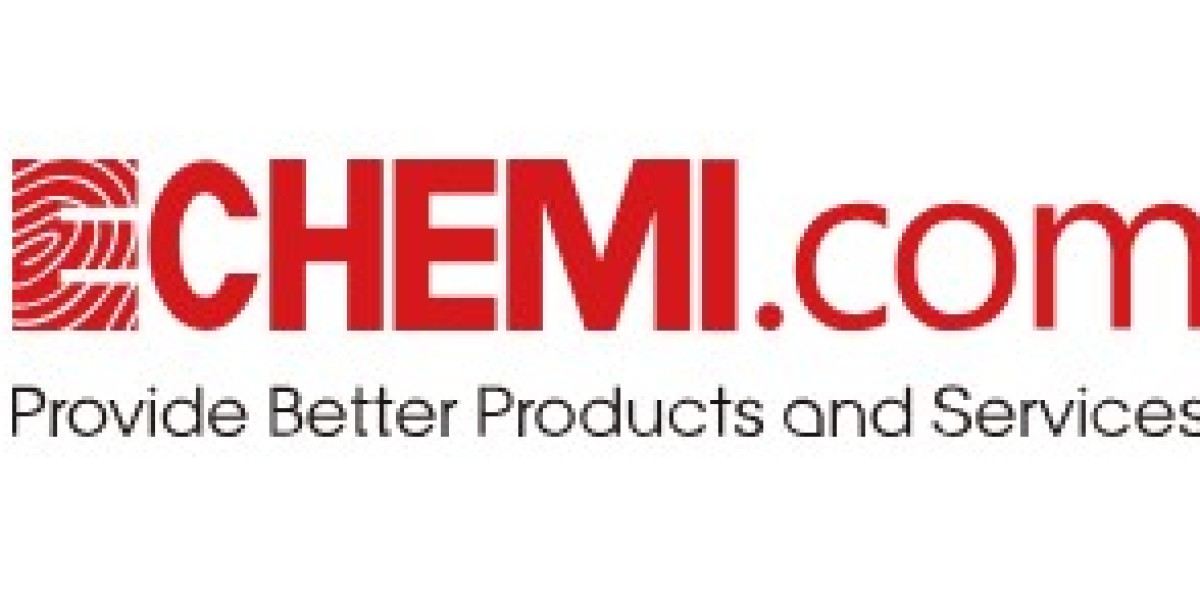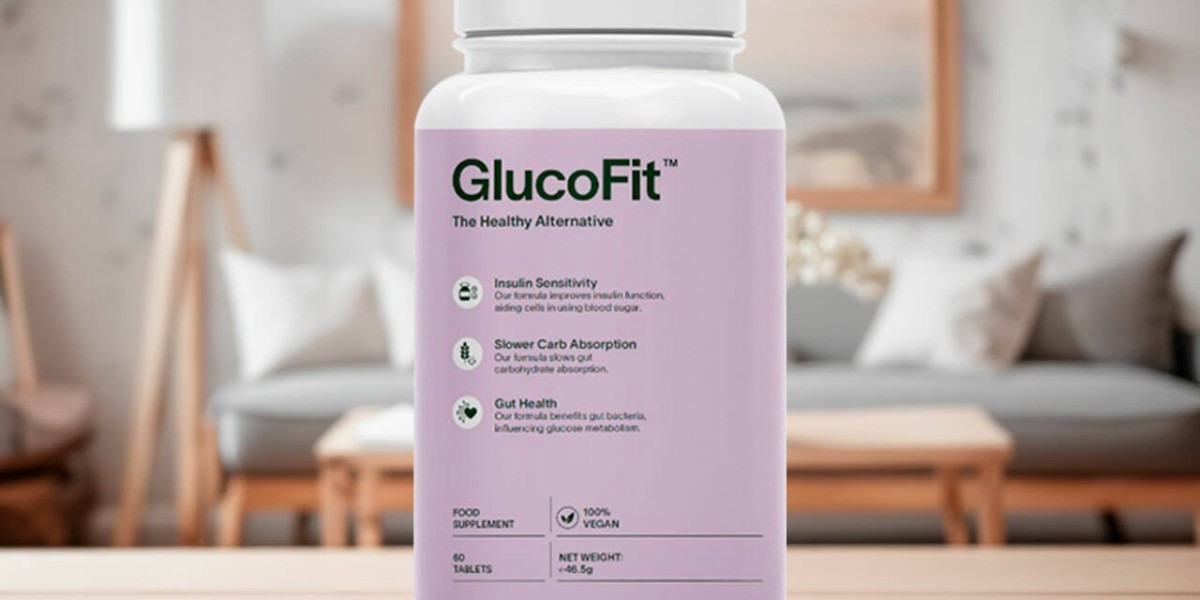Chemical products serve a fundamental role in the formulation of pharmaceutical excipients, which are crucial components of medications designed to enhance drug stability, bioavailability, and patient safety. Excipients are inert substances added to pharmaceutical formulations to facilitate drug delivery, improve taste, appearance, and stability, and ensure proper dosage administration. Chemical products play a key role in the development, manufacturing, and quality control of these essential components.
Functionality and Performance Enhancement:
chemical products are used to create excipients with specific functionalities that contribute to the performance of pharmaceutical formulations. These functionalities include binding agents, disintegrants, lubricants, and coatings that help regulate drug release, improve solubility, and ensure uniformity in dosage forms such as tablets, capsules, and suspensions. By utilizing carefully selected chemical products, pharmaceutical companies can tailor excipients to meet the requirements of different drug formulations and delivery systems.
Stability and Shelf-Life Extension:
Chemical products are employed in the production of excipients that enhance the stability and shelf life of pharmaceutical products. Antioxidants, preservatives, and stabilizers are examples of chemical additives used to prevent degradation, maintain product integrity, and extend the storage life of medications. These additives help protect active pharmaceutical ingredients (APIs) from degradation due to light, heat, moisture, or chemical reactions, ensuring that the medication remains safe and effective throughout its intended shelf life.
Compatibility and Formulation Flexibility:
Chemical products play a critical role in ensuring the compatibility of excipients with active ingredients and the overall formulation. Excipients must be carefully selected and tested to ensure compatibility with APIs, manufacturing processes, and patient requirements. Chemical additives such as pH adjusters, solubilizers, and surfactants help optimize the formulation characteristics, improve drug bioavailability, and enable the development of diverse dosage forms tailored to specific patient needs.
Regulatory Compliance and Safety:
Chemical products used in pharmaceutical excipients are subject to stringent regulatory requirements to ensure product safety, quality, and efficacy. Pharmaceutical companies must adhere to Good Manufacturing Practices (GMP) and quality standards when selecting, sourcing, and using chemical additives in excipient formulations. Regulatory bodies such as the FDA and EMA establish guidelines for the evaluation, approval, and labeling of excipients to ensure their safety and compliance with regulatory standards.
Innovation and Advancements in Excipient Technology:
Chemical products drive innovation in excipient technology by enabling the development of novel excipients with improved performance characteristics. Ongoing research and development efforts focus on creating advanced excipients that enhance drug delivery, provide targeted release profiles, and improve patient adherence to medication regimens. Through collaboration with chemical suppliers and research institutions, pharmaceutical companies continue to explore new chemical products and excipient formulations that meet evolving industry needs and regulatory requirements.
In conclusion, chemical products play a vital role in the design, development, and production of pharmaceutical excipients that form the backbone of safe and effective medication formulations. By leveraging the capabilities of chemical additives, pharmaceutical companies can create excipients that enhance drug performance, stability, and patient outcomes, ensuring the quality and reliability of pharmaceutical products for the benefit of patients worldwide.






